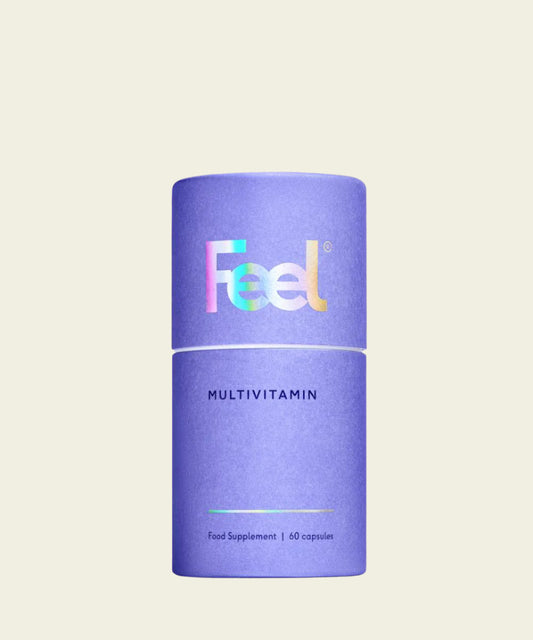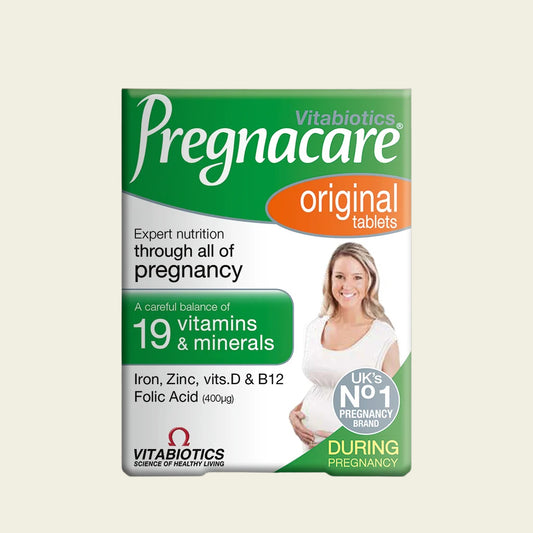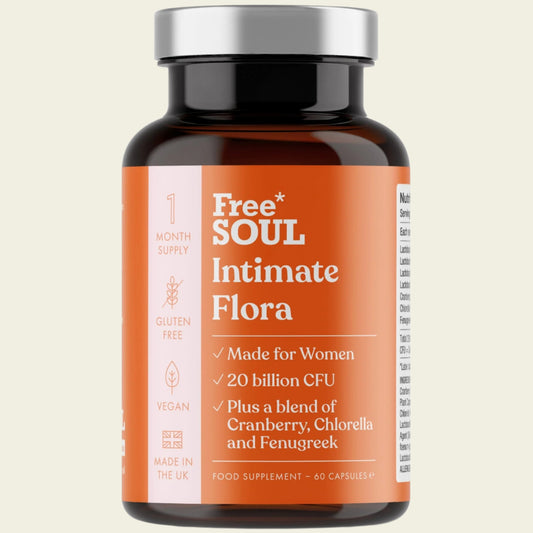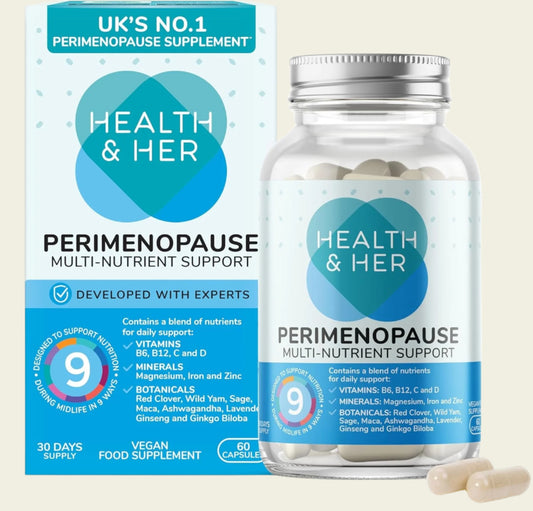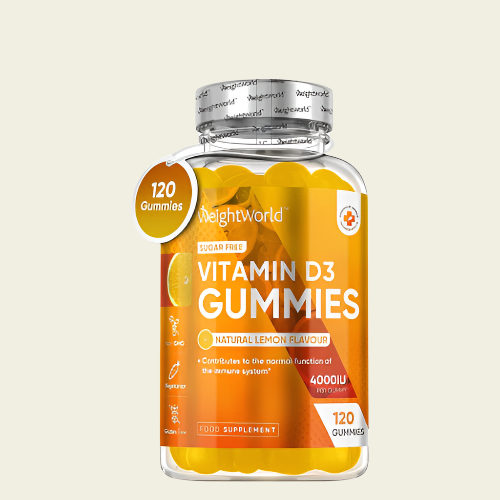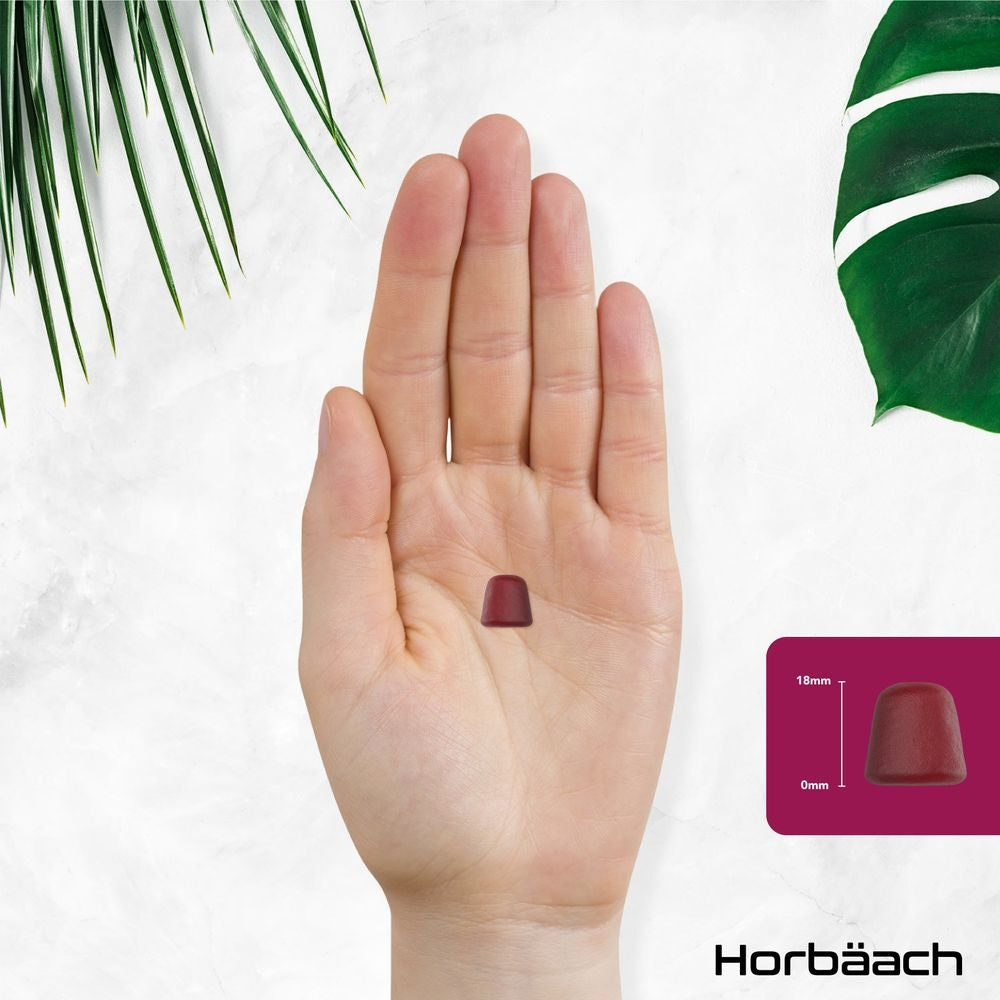Best Multivitamins For Women: A Comprehensive Guide
In today's fast-paced world, maintaining a balanced diet can be challenging. For women, this becomes even more critical due to the unique nutritional needs at different life stages. Multivitamins can play a crucial role in filling dietary gaps and promoting overall health. But with so many options available, how do you choose the best multivitamins for women? This guide will help you understand the essential nutrients to look for, how they benefit your body, and tips on selecting the right product.
The Importance of Multivitamins for Women's Health
Multivitamins are dietary supplements that contain a combination of vitamins, minerals, and other beneficial compounds. They are designed to support overall health by providing nutrients that may not be consumed in sufficient quantities through diet alone. For women, specific nutrients are vital for various physiological functions, including normal energy-yielding metabolism, bone health, skin health, and more.
Key Nutrients in Multivitamins for Women
When searching for the best multivitamins for women, it's essential to consider the specific nutrients included in the formula. Some key components to look for are:
1. Biotin (Vitamin B7)
Biotin is a B-vitamin that plays a significant role in maintaining healthy hair, skin, and nails. It's also essential for normal energy-yielding metabolism, helping the body convert food into energy. Biotin deficiency can lead to hair thinning, skin issues, and fatigue. Therefore, including biotin in your daily multivitamin can be beneficial for maintaining these aspects of your health.
2. Vitamin D and Calcium
Vitamin D and calcium are crucial for bone health. Women, especially those over the age of 50, are at a higher risk of developing osteoporosis, a condition characterized by weak and brittle bones. Adequate intake of these nutrients can help maintain bone density and strength.
3. Iron
Iron is vital for producing hemoglobin, a protein in red blood cells that carries oxygen throughout the body. Women of childbearing age need more iron due to menstrual blood loss. Insufficient iron levels can lead to anemia, causing fatigue and weakness.
4. Folic Acid (Vitamin B9)
Folic acid is essential for cell division and DNA synthesis. It is especially crucial for pregnant women as it helps prevent neural tube defects in the developing fetus. Even if you're not pregnant, folic acid supports overall health and should be a part of your daily multivitamin regimen.
How to Choose the Best Multivitamin for Women
Selecting the best multivitamin for women involves considering various factors, including age, lifestyle, and specific health needs. Here are some tips to guide your choice:
1. Identify Your Nutritional Needs
Every woman has unique nutritional requirements based on her age, health status, and lifestyle. For example, younger women may need more iron and folic acid, while older women may require higher levels of calcium and vitamin D. Understanding your specific needs can help you choose a multivitamin that provides the right balance of nutrients.
2. Look for Quality and Safety
Not all multivitamins are created equal. It's essential to choose products from reputable brands that adhere to high manufacturing standards. Look for certifications such as USP (United States Pharmacopeia) or NSF (National Sanitation Foundation), which ensure the product's quality, purity, and potency.
3. Consider Form and Dosage
Multivitamins come in various forms, including tablets, capsules, gummies, and powders. Choose a form that suits your preference and lifestyle. Additionally, pay attention to the dosage instructions and ensure that the multivitamin fits seamlessly into your daily routine.
The Role of Multivitamins in Normal Energy-Yielding Metabolism
One of the critical benefits of multivitamins is their role in supporting normal energy-yielding metabolism. B-vitamins, including biotin, play a vital role in converting food into energy. They help the body metabolize carbohydrates, fats, and proteins, ensuring that you have the energy to get through your day. A deficiency in these vitamins can lead to fatigue and decreased energy levels, highlighting the importance of a balanced intake.
- Choosing a selection results in a full page refresh.

